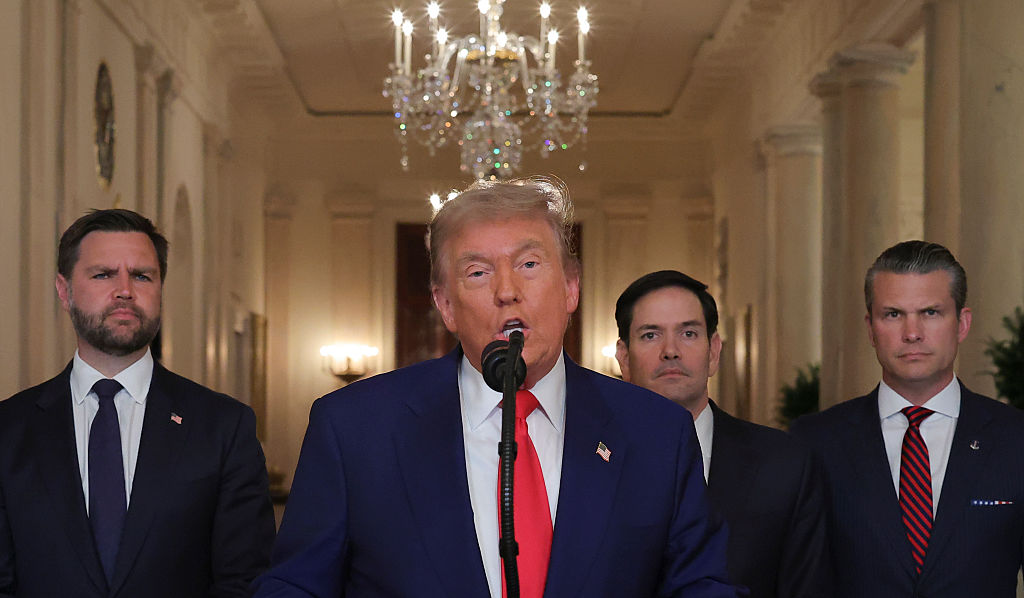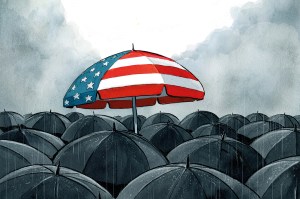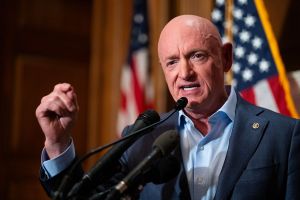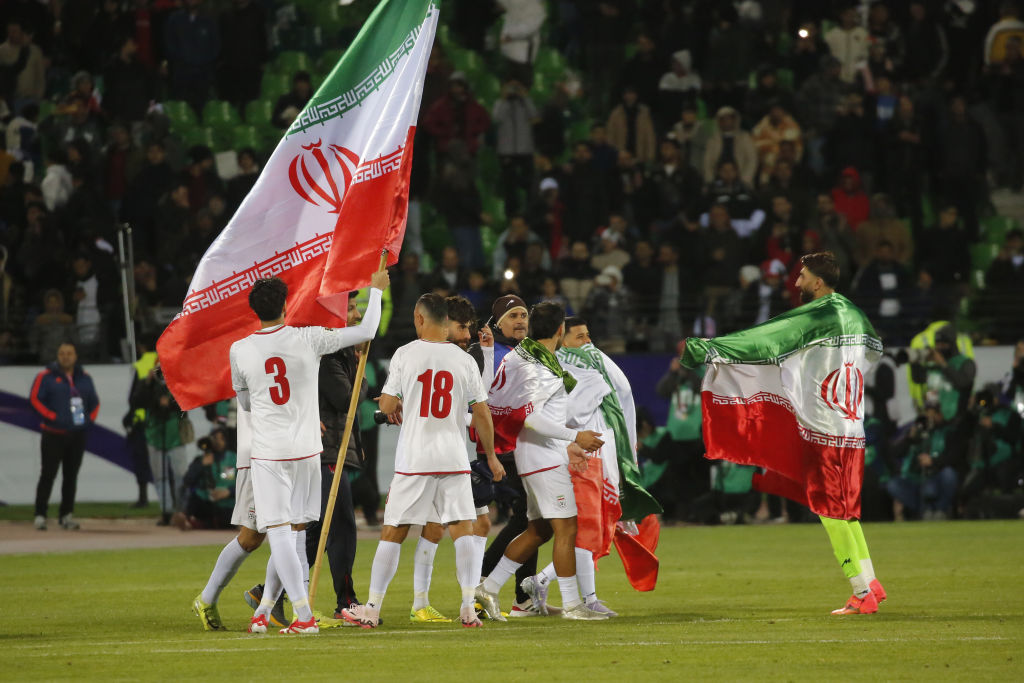What now?
After the daring and what everyone is describing as a “flawlessly executed” attack by the United States on Iran’s hardened nuclear facilities Saturday night, Macbeth’s words must be on the minds of many: “If it were done when ’tis done, then ’twere well / It were done quickly.”
Things did not work out so well for the Thane of Cawdor, as Macbeth then was. But even though his attack was not “the be-all and the end-all” he wanted, everyone who wishes for peace must second his opening argument. With the ground prepared by Israel, the United States mounted Operation Midnight Hammer, a stealthy and precisely targeted attack against the infernal workshops of a terrorist state dedicated to the destruction of “The Great Satan” (America) and “The Little Satan” (Israel).
The stealth, by the way, was not confined to America’s B-2 bombers. Part of that equation was Trump’s cunning declaration a few days back that he would decide about whether to launch an attack against Iran’s atomic-bomb making facilities “within two weeks.” That declaration disappointed those hoping for an early kinetic response by the United States. Doubtless, it also encouraged the Mullahs, who must have concluded that Trump was cut from the same cloth as many of his predecessors. In fact, the “two weeks” gambit was but a ruse de guerre.
In the event, Trump’s attack was breathtakingly robust. More than a dozen 30,000-pound “bunker-buster bombs” and a passel of submarine-launched cruise missiles smashed into their targets. That’s a big wallop. Was it sufficient unto the day? Did it, as President Trump declared Saturday night, “completely and totally” obliterate the hardened atomic-bomb-making facilities at Fordow, Natanz and Isfahan? Or did it merely damage and degrade them? We do not know yet. Nor do we know whether Iran has other such sites up its turban-topped sleeve.
It is worth stressing that the attack was not directed at Iranian cities (as Iranian attacks against Israel invariably are) or even against the Iranian military writ large. It was directed at the atomic-bomb making facilities that Iran has consistently lied about possessing.
Did it work? Is it done now ’tis done? Or was it merely the opening act to further bloodshed in the Middle East or even, as Steve Bannon and others have warned, the commencement of World War Three?
Again, we do not know yet. There has been lots of talk about Iranian terrorist attacks in response. Sunday morning, the IRGC commander Tahdar Tangsiri promised that “the Strait of Hormuz will be closed in a few hours.” Since a goodly percentage of the world’s oil flows through that channel, its closure would be economically unsettling and politically disruptive at best. It would also, as a canny blogger noted, be a “suicide mission” for Iran.
Both President Trump and Secretary of Defense Pete Hegseth have promised that any retaliation by Iran would be met instantly by an overwhelming response. Is that a recipe for escalation? Or, as it would be for most sane people, is it a prescription for resignation and tranquillity? Again, we do not know yet.
At this early juncture, I would say that there are encouraging signs. Most of Europe and the mid-East seem to be quietly behind Trump and Israel. They have long suffered from the Shia terrorist state and would be happy to see it declawed. Even Russia, traditionally an Iranian ally, has been notably reticent about declaring support for Iran or criticizing Israel or the United States.
Most critics of Trump’s actions invoke such disasters as America’s failed regime-changing adventures in Iraq and Afghanistan in their gloomy prognosis about what to expect in the aftermath of Trump’s attack. But just as generals are often criticized for fighting the last war, so I suspect that many critics of Trump’s action are dazzled by past conflicts. They are caught fighting old battles, not the new ones that confront us now. But Donald Trump is not Jimmy Carter, Barack Obama or George Bush (either of them). Nor is Iran Iraq or Afghanistan.
As with all contingent events, the results of Saturday’s attacks are unknown. But if they exceed our knowledge, they are not beyond the contemplation of our practical wisdom, which conjures with probabilities and likelihoods, not certainties.
Perhaps Donald Trump let the genie of war out of its bottle with his effort to end Iran’s pursuit of nuclear weapons. Or perhaps the Prime Minister of Israel, Benjamin Netanyahu, was right in describing Midnight Hammer as “a pivot of history that can help lead the Middle East and beyond to a future of prosperity and peace.”
In any event, I think that those who compare Trump’s actions to the “forever wars” of the neoconservatives have seriously misjudged him. Trump is above all the peace president. The commentator Eric Metaxas is correct, I believe, in observing that
“Trump has been the MOST vocal enemy of the Neocon policy of “forever wars.” He’s the one who first dared to say this on the debate stage in 2016, shocking everyone. Remember? But we cannot let the specter of “forever wars” stop us from EVER taking military action, if necessary. And sometimes in history such things are necessary. A brilliantly executed strike on the nuclear facilities of blood-thirsty Islamic lunatics is not the same thing as the utopian idiocy of trying to turn Afghanistan and Iraq into Ohio and Iowa.”
I think that is exactly right.


























Leave a Reply